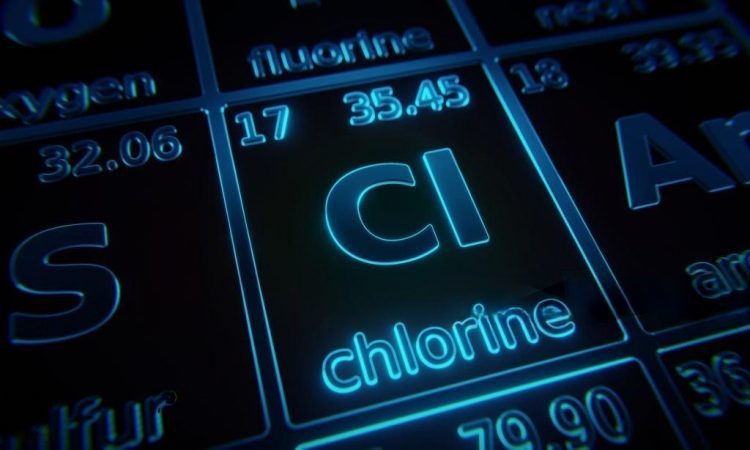Chlorine is a chemical element that is known for being poisonous, but it is also very important for public health because it is used to treat water. Chlorine is necessary to make sure that the water supply is safe for drinking, even though it can be harmful. This article talks about how chlorine works, how important it is for treating water, and what it means for public health in a broader sense.
Toxic but Essential Elemen
Chlorine is a yellow-green gas that is very reactive and dangerous when it is pure. It can be used for many good things, though, especially in the areas of sanitation, disinfection, and water purification. In many compounds, including sodium chloride (table salt), chlorine can be found. It is also commonly used as a bleaching agent and disinfectant.
How Chlorine Purifies Water
Using chlorine to clean water is an easy process that works very well. Hypochlorous acid is a weak acid that is made when chlorine is added to water (hypochlorous acid). This acid is very good at killing microorganisms that are harmful, like bacteria, viruses, and parasites that can spread diseases through water.
Many times, one part chlorine solution to every hundred parts water is enough to treat a bucket of water. This is about the same as mixing 10 milliliters of chlorine solution with 1 liter of water. The water is safe to drink because this small amount of chlorine kills all the microbes that are harmful.
Microbial Elimination
One of the main jobs of chlorine in treating water is to kill microorganisms that are harmful. Because chlorine kills bacteria, viruses, and parasites so well, it stops the spread of diseases like cholera, typhoid, and dysentery. Chlorine makes sure that the water supply is safe for people to drink by killing these pathogens.
Reduction of Unpleasant Odors and Molds
Chlorine not only kills harmful microbes, but it also helps keep water from growing mold and smelling bad. This is especially important to make sure that the water tastes good and is safe to drink. Molds and bad smells in water can be signs that it is contaminated, which chlorine can effectively get rid of.
Control of Slime Bacteria and Algae
It is very important for water supply systems to have chlorine because it stops slime bacteria, molds, and algae from growing. Biofilms made of these organisms can build up on the walls of water mains, storage tanks, and reservoirs, which can affect the quality of the water. In order to keep the water supply clean, chlorine helps keep these biofilms from building up.
The Practicality of Chlorine in Water Treatment
One of the best things about chlorine for treating water is that it is useful and simple to use. Since chlorine is cheap, easy to get, and can be used by many people, it is a great choice for treating large amounts of water. It is very effective at making sure drinking water is safe because it can clean up large amounts of water with a small amount of the chemical.
Also, chlorine works not only where it’s applied, but it also protects for a long time afterward. This means that chlorine stays in the water at low levels even after the first treatment. It keeps the water safe from contamination as it moves through the distribution system.
Chlorine and Public Health
Using chlorine to clean water has had a huge effect on public health, especially by lowering the number of diseases that are spread through water. Before chlorine disinfection became widely used, diseases like cholera and typhoid spread often and often killed many people. Some of these diseases are no longer found in many parts of the world because water supplies are regularly chlorinated.
Because chlorine stops the spread of disease so well and is cheap and easy to use, it is an important part of the global effort to make sure everyone has access to clean water. It is an important part of modern public health infrastructure and will continue to keep people safe from water-borne illnesses.

